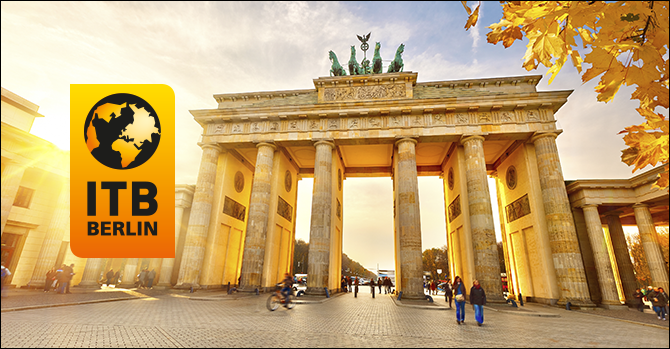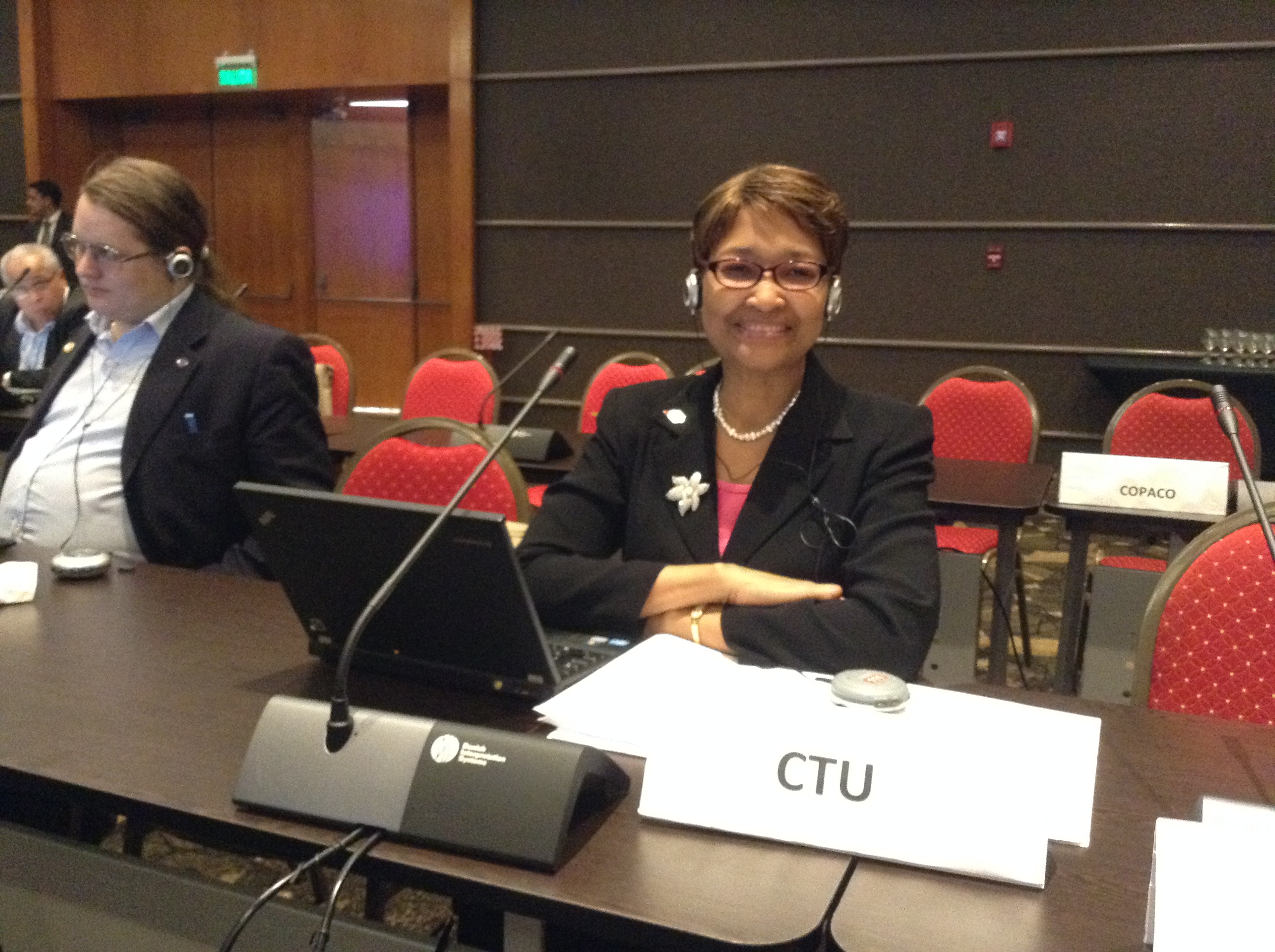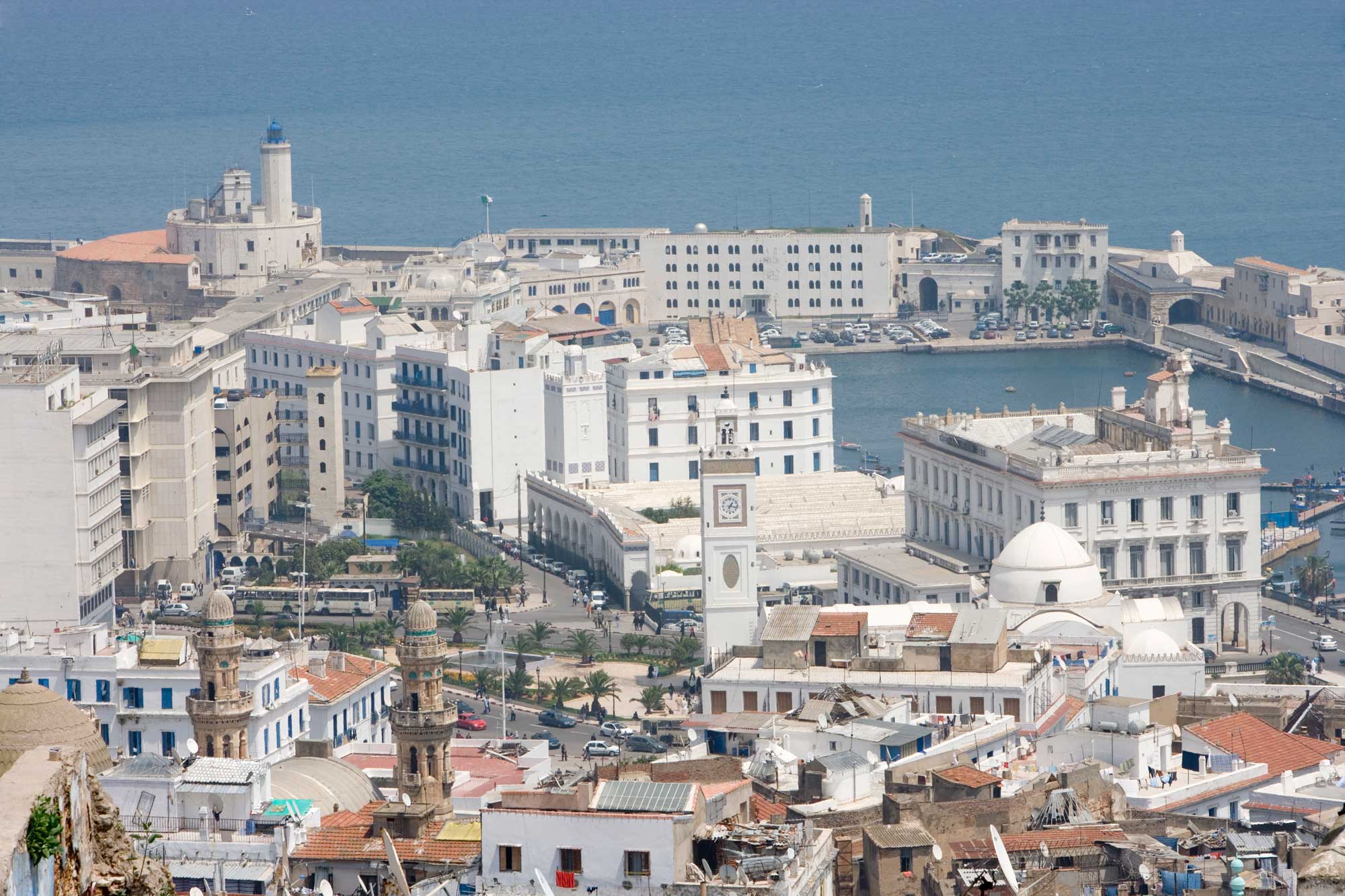

UNWTO Panel on Indigenous Tourism: Promoting equitable partnerships
As one of the most thriving economic activities, tourism is well placed to contribute to indigenous people in improving their livelihoods. If managed responsibly and sustainably, indigenous tourism can spur cultural interaction and revival, bolster employment, alleviate poverty, curb rural flight migration, empower women and youth, encourage product diversification, and nurture a sense of pride among indigenous people. However, this type of tourism also raises a series of ethical, social, economic and human rights-related challenges that need to be addressed by the sector.
These convictions are upheld by the Larrakia Declaration adopted by the World Indigenous Tourism Alliance in 2012, which enjoys the support of UNWTO as a landmark document for the empowerment of indigenous peoples through tourism. With the Larrakia Declaration as a backdrop, this UNWTO panel will discuss equitable partnerships between indigenous and non-indigenous stakeholders that can benefit the communities on the long-run and will also suggest some guidance in this regard.
Furthermore, the event will establish linkages between the International Year of Sustainable Tourism for Development, championed by the United Nations, and indigenous communities, given their ancestral knowledge of nature and methods of sustainable management of resources that they depend on. The panel will finally showcase good practices which have provided indigenous people with concrete entrepreneurial opportunities and economic empowerment.

The Dark Side of Tourism during ITB
World Tourism Network on Child Protection invites to public event during ITB Berlin.
The upcoming ITB trade show in Berlin, Germany is not only the largest travel and tourism event in the world, but also the place to show support in the fight against exploitation of children through tourism.
The United Nations World Tourism Organization will recognize the importance of this issue for world tourism on March 9, 2017 15.00-16.30- at a public event at Room M1, City Cube, Berlin Congress Centre.
eTN Publisher Juergen T Steinmetz has been a member of the UNWTO task group for almost 10 years and will be looking for best practices and initiatives to share with eTN readers on how government, private companies and anyone else helps to combat this dark issue in tourism and is extending a special welcome to eTurboNews readers to attend.
The UNWTO’s Child Protection Network serves as a platform for tourism stakeholders to exchange good practices and discuss the most pressing challenges in curbing child and youth exploitation in the tourism sector, including sexual exploitation, child labour and trafficking. The Network draws together governments, the tourism industry, international organisations, non-governmental organisations (NGOs) and media associations.
Under the guiding principles of the Global Code of Ethics for Tourism, the mission of the World Tourism Network on Child Protection is to support efforts to protect children from all forms of exploitation in tourism. Although its main focus is the protection of minors against sexual exploitation, it encompasses the issues of child labour and the trafficking of minors. Its principle objectives are:
• to raise awareness among the tourism sector, governments and tourists;
• to encourage the tourism industry to engage in ethical practices, particularly by adopting professional codes of conduct and other self-regulatory measures;
• to invite governments to take administrative and legal measures, such as the designation of focal points (contact persons) within their national tourism administrations, the establishment of emergency hotlines, the strengthening of national legislation and the improvement of law enforcement;
• to encourage cooperation between the public and private sectors, as well as between tourist generating and receiving countries; and
• to monitor the fight against the sexual exploitation of children in tourism networks at both the national and international levels.
This year’s meeting at ITB will highlight the most successful initiatives championed by the governments, particularly by national tourism administrations, thus paving the road for tourism destinations to lower the extent of vulnerability of child and youth.
The event will also establish linkages with the Int’l Year of Sustainable Tourism for Development 2017 by illustrating good practices that improve livelihoods of children.
UNWTO Secretary General Taleb Rifai will deliver introductory remarks together with Ms. Carol Bellamy, Chair of the World Tourism Network on Child Protection.
Participants will hear from
H.E. Mr. Najib Balala, Minister of Tourism, Kenya
Mr. Tokiaritefy Rabeson, General Director of Tourism Development, Ministry of Tourism, Madagascar
Ms. Magdalena Montero, Adviser to the Minister of Tourism of Uruguay, Representative of the Regional Task Force for the Protection of Children in Travel and Tourism of the Americas (GARA)
H.E. Ms. Kobkarn Wattanavrangkul, Minister of Tourism and Sports, Thailand
Ms. Khin Than Win, Deputy Director General, Ministry of Hotels and Tourism, Myanmar
Mr. Mohamed Basheer, Chief Inspector, Head of Family and Child Protection Department, Maldives
Police Service, and Ms. Alice Akunga, Country Representative for Maldives
Ms. Clare Jenkinson, Senior Destinations & Sustainability Manager, Association of British Travel Agents – ABTA
Mr. Amitava Bhattacharya, Founder and Director, banglanatak.com- Social Enterprise from West Bengal, India
Ms. Joanna Rubinstein, President & CEO, World Childhood Foundation USA and Board Member of the Global Partnership to End Violence Against Children
Participants have the opportunity to interact and ask questions.

CTU Secretary General leads discussions on sustainable development goals at international forum
Asunción, Paraguay (24th February 2017) – The Secretary General of the Caribbean Telecommunications Union (CTU), Ms. Bernadette Lewis, led a discussion panel addressing the United Nations Sustainable Development Goals (SDGs) at the International Telecommunications Union’s (ITU) Regional Development Forum on 20th March in Asunción, Paraguay.
In her introductory remarks, the SG noted that in September 2015, the countries of the United Nations (UN) adopted 17 Sustainable Development Goals (SDGs) in itsTransforming our World: 2030 Agenda for Sustainable Development. The Agenda which came into force on 1st January 2016 seeks to “free the human race from the tyranny of poverty, heal and secure the plane and shift the world on to a sustainable and resilient path”. The SG explained that the achievement of these goals is a collective responsibility that requires collaboration and honest, dedicated cooperation by all global citizens, including governments, the private sector and civil society.
The discussants in the Panel, Teresita Palacios, President of CONATEL (National Telecommunications Commission), Paraguay; Jorge Torres, Deputy Secretary of COMTELCA (Regional Technical Commission of Telecommunications), Honuduras; Roberto Hirayama, Regulation Specialist, Anatel, Brazil; and Chiedozie Dickson Osuala, Manager Market Economics, Telecommunications Authority of Trinidad and Tobago (TATT); explored the role of different stakeholders in promoting the SDGs, and how information and communication technologies (ICT) could help in achieving them.
Without exception, the panelists were of the firm view that affordable access to ICT and Broadband were essential for the attainment of the SDGs. They pointed specifically to the potential of ICT to promote social inclusion and foster economic development but this would require extending networks to all national communities.
SG Lewis in summing up the contributions of the panelists emphasized the need for transdisciplinary collaboration in setting realistic goals, planning and execution of ICT projects. She noted that public awareness and education of all stakeholders were integral to the process.
Finally, demonstrated political will to drive ICT for development and measurement of the progress are mandatory in order for the potential of ICT to contribute to the attainment of the SDGs.

Algeria kicks off 1st UNWTO Regional Capacity Building Programme on Tourism Statistics
In the framework of the technical assistance that the World Tourism Organization (UNWTO) provides to Member States, especially in their development of sound statistical systems, the People’s Democratic Republic of Algeria has hosted the 1st Workshop on Regional Statistics of the Tourism Sector (13-15 February 2017). The program aims to enable the development of tourism statistics according to the United Nations standards at the national level and to implement the Tourism Satellite Account project over time. This three-year programme, which was launched this year and is to be concluded in 2019, consists of a series of capacity-building workshops for officials from national tourism administrations, national statistical offices, central banks and Immigration Offices.
On the occasion, UNWTO Secretary-General, Taleb Rifai, praised the efforts done by the Ministry of Tourism of Algeria to place the sector at the core of the economic development policies and recalled the importance of tourism statistics for tourism development.
“Statistics are essential as they are the basis to shape efficient tourism policies, very needed in a region where the sector has so immense potentials,” said Mr. Rifai.
Measuring the impact of the tourism sector through statistical data has been one of the key areas of work of UNWTO in the last decades. The Tourism Satellite Account is one of the pillars of this approach.
In parallel to the workshop, the Secretary General held bilateral meetings with government authorities including H.E. Abdelmalek Sellal, Prime Minister of the People’s Democratic Republic of Algeria. The discussions were focused on tourism’s potential in Algeria and the necessity to develop human capital. The Prime Minister acknowledged the declaration by the United Nations of 2017 as the International Year of Sustainable Tourism for Development and confirmed that his country shares the same vision, especially in the development of sustainable tourism which can guarantee each nation the realization of common objectives on the economic, environmental and cultural sustainability. Mr Rifai discussed at length with H.E. Abdelouahab Nouri, Minister of Land Management, Tourism and Handicrafts the strong potential that the country has in tourism and the technical assistance that UNWTO may provide to Algeria.
“Algeria is truly committed to creating a more competitive and sustainable tourism, a sector that can become one of the pillars of Algeria’s economy and a tool for diversification and inclusive growth,” he said.
The improvement of air connectivity of the country was praised by the Secretary General who also commended the support of the Algeria to Tunisia. “We hugely acknowledge the support that Algeria has provided not only through long-stay tourists in Tunisia, but through significant tourism expenditure in Tunisia as well. Standing together is the best thing we can do in the face of crisis to help recovery,” he mentioned.
